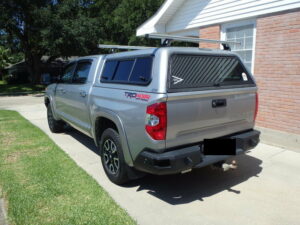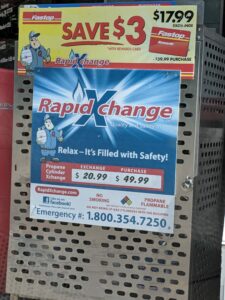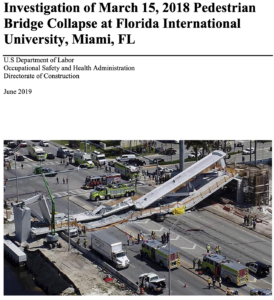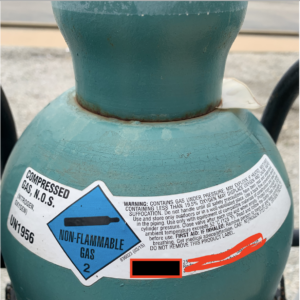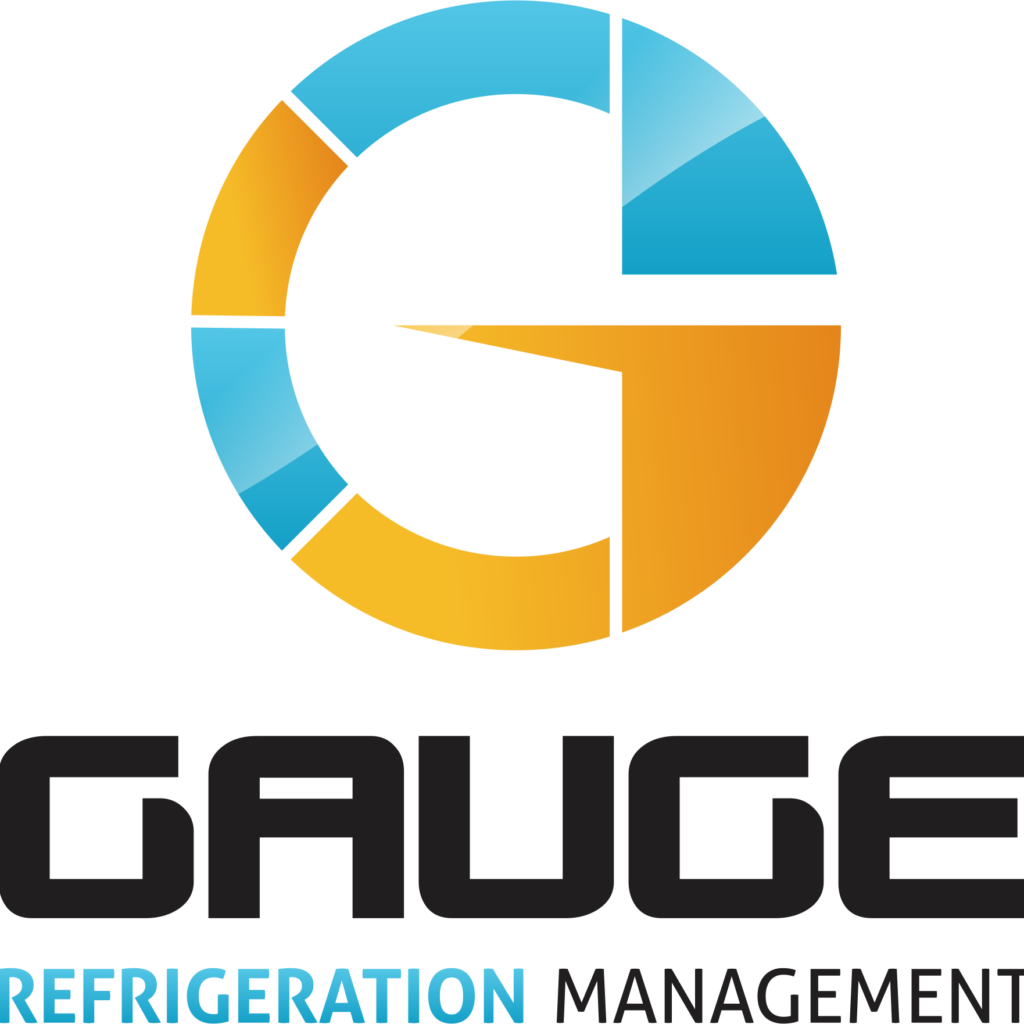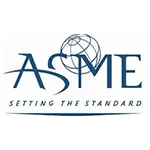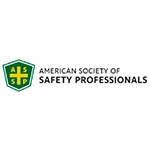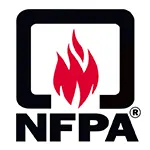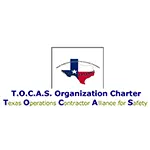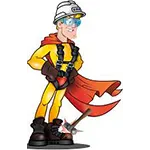SAFTENG Has
- Over 17,500 categorized unsafe acts/conditions and accident/injury photos
- Over 1,400 ppt's & doc's
- Over 3,900 technical articles on Process Safety & Occupational Safety & Health matters
- Over 400 videos
CLICK HERE to Renew your Membership
CLICK HERE for a NEW Membership
CLICK HERE to see eligibility requirements for FREE Membership
If you have any questions, please contact me

I am proud to announce that have extended our”Partners in Safety” agreement for another year (2025).
CI Members, send me an e-mail to request your FREE SAFTENG membership.





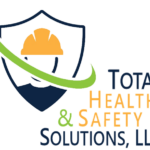





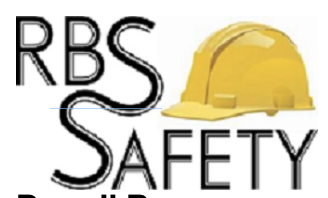


July 13, 2019
I have an on going debate with a new food client on their “spiral freezers” being a Permit-Required Confined Space(s). In my professional opinion, a spiral freezer, at least all the ones I have been around, are without a doubt a PRCS. This company, including their brand manufacturer, are claiming they are not – based on the fact that the manufacturer claims they have “designed”...
Read More
July 13, 2019
I have written about the differences between a CS vs. PRCS many times, but one situation that we must NEVER loose sight of is that many PRCS today are caused by the work taking place within them and NOT the normal PRCS hazards. What do I mean by this? The entry supervisor checks the atmosphere at 7:00 a.m. and everything is fine and in a few hours there is an emergency inside the space. ...
Read More
July 13, 2019
JZ and I got our ASSP Safety2019! reviews today, as well as the recorded sessions were made available last night. Some of those who sent me a not so nicely worded e-mail after the conference have since relistened to the session and a couple of them actually apologized. Although not all have decided I am not a dumb-_ss. For the life of me, I can not understand why so many safety professionals...
Read More
July 12, 2019
One of the weakness of OSHA’s PRCS standard(s) (1910.146 and 1926.1200) is that when the space is evaluated and it is determined to only be a Confined Space (CS). Too often we let down our guard and assumed the space will pose no hazards to the workers entering the space. Recently I was made aware of a serious incident inside some HVAC duct work. This duct work had been evaluated...
Read More
July 10, 2019
One of the more common misses by a lot of businesses, especially those using pressure vessels (PVs) in their PSM/RMP covered processes, is the “initial inspection” at the time of installation. We have discussed the “change of service” inspection several times; however, this inspection is for NEW PVs being installed. This requirement will certainly apply to those...
Read More
July 10, 2019
Reminds me of the HFO-1234yf campaign with the “mildly flammable” from the new classification in ASHRAE 34. This one though goes a step further… LPG cylinders are not dangerous, their filled with safety.
Read More
July 9, 2019
One of the PSM/RMP safe work practices I try and get anyone who I cross paths with to implement on ALL of their hazardous materials (regardless of PSM/RMP applicability) is the Line Break and Equipment Opening procedure and permit process. Too often I learn of incidents in processes where the HHC/EHS was under the PSM/RMP TQ’s so the facility did not have such a program or PTW system for...
Read More
July 7, 2019
EPA recently announced its enforcement and compliance assurance priorities for fiscal years 2020 to 2023. There are seven (7) priority areas in total for this period, six of which are National Compliance Initiatives (NCIs), which will be led by EPA’s Office of Enforcement and Compliance Assurance. The one that I follow closely is…
…
HomeRead More »
Read More
July 6, 2019
Many facilities have been struggling with their in-house labeling to meet OSHA’s Global Harmonized Standard (GHS) labeling. I have written on this topic too many times to mention since 2015, but one thing that I am finding and I can not explain is how compressed gas manufacturers have not revised their “shipped container” labels to comply with the new GHS requirements. ...
Read More
July 6, 2019
Using “bailing wire” to hold open your deadman valves on oil-pots is a really bad idea… leaving the bailing-wire (e.g. evidence) on the valve after each use is just stupid and shows an auditor/inspector that this is an accepted and continual practice! Another tell-tale indication of cheating a deadman valve is the indentions left in the rubberized coating on the handle.
As discussed...
Read More
July 6, 2019
Respondent is a refrigerated warehousing and storage business which experienced a release of anhydrous ammonia on March 29, 2017 that resulted in a response from the local Fire and Rescue department. Following this event, the facility was requested to provide answers to a Chemical Release Questionnaire (CRQ) by EPA, pursuant to CERCLA § 104(e). Respondent’s answers to the questionnaire stated...
Read More


